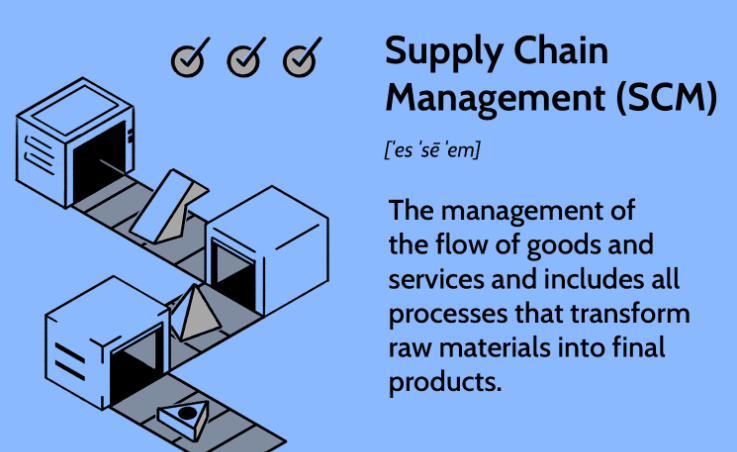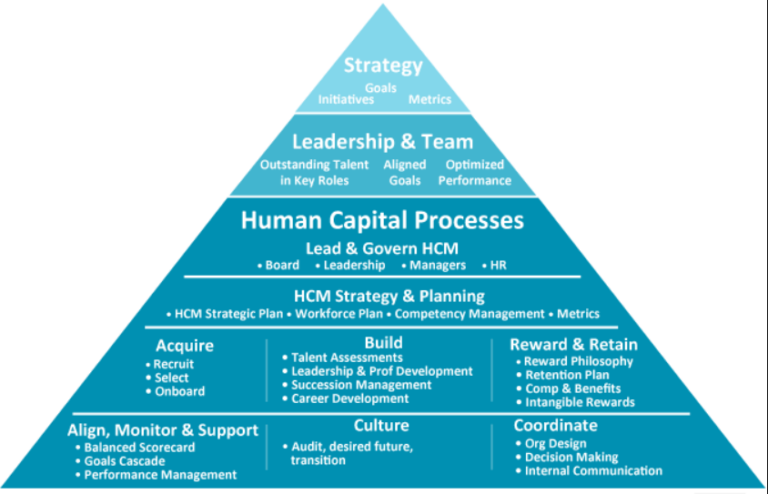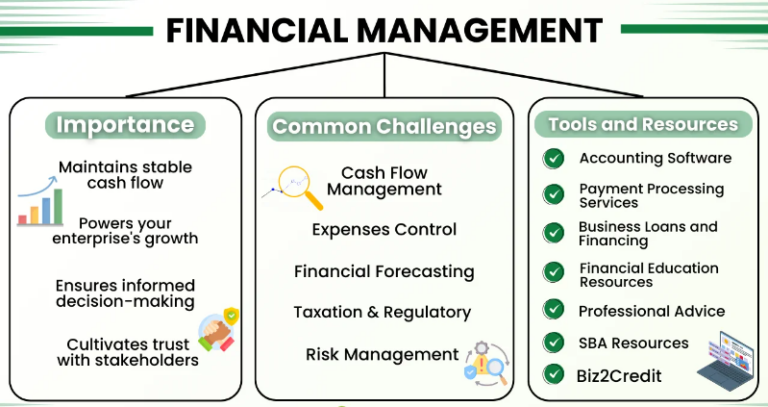Supply chain management (SCM) is essential for businesses to optimize operations, reduce costs, and maintain competitiveness. Effective SCM ensures smooth production flows, inventory control, and efficient product delivery. In this article, we’ll dive deep into the best supply chain management software solutions available today, exploring their features, pricing, and real-world use cases.
Top Supply Chain Management Products
Insert image of the product format
Product 1: SAP Integrated Business Planning (IBP)
SAP IBP is a market leader in supply chain management software, designed to integrate advanced planning and analytics.
Features:
- Real-time demand forecasting and inventory optimization.
- End-to-end supply chain visibility.
- Predictive analytics for risk mitigation.
Use Case: SAP IBP is ideal for large enterprises managing complex global supply chains. It offers robust data-driven planning capabilities, which reduce disruptions and optimize demand-supply alignment.
Pros:
- Comprehensive planning capabilities.
- Excellent integration with other SAP tools.
- Scalable for enterprises of any size.
Cons:
- High cost, which may be prohibitive for small businesses.
- Steep learning curve.
Price: Starting at $45,000 per year.
Where to Buy: You can purchase SAP IBP here.
Insert image of the product format
Product 2: Oracle SCM Cloud
Oracle SCM Cloud is another top-tier solution, providing businesses with powerful tools for efficient supply chain operations.
Features:
- Cloud-based solution with real-time updates.
- Integrated transportation management and logistics.
- Demand planning and order management.
Use Case: Oracle SCM Cloud is a perfect fit for organizations looking for a scalable, flexible solution that is easy to deploy across global locations. It is well-suited for industries such as retail, manufacturing, and healthcare.
Pros:
- Robust cloud infrastructure for scalability.
- Offers a wide range of customizable modules.
- Real-time data access across all devices.
Cons:
- Can be complex to implement.
- Some features are available only with higher pricing tiers.
Price: Pricing starts at $35,000 per year, with additional costs for extra modules.
Where to Buy: Find Oracle SCM Cloud here.
Insert image of the product format
Product 3: Blue Yonder (formerly JDA Software)
Blue Yonder offers a comprehensive suite of supply chain solutions that are ideal for businesses seeking to automate and optimize their operations.
Features:
- AI-driven supply chain automation.
- Advanced demand and fulfillment capabilities.
- Seamless integration with various ERP systems.
Use Case: Blue Yonder is excellent for retail and manufacturing sectors, where demand prediction and automation are critical. Its AI capabilities enhance operational efficiency and reduce manual intervention.
Pros:
- Strong AI and automation features.
- Flexible pricing models.
- Real-time visibility into supply chain performance.
Cons:
- Initial setup can be complex.
- May require additional training for team members.
Price: Available upon request.
Where to Buy: Explore Blue Yonder’s offerings here.
Benefits of Using Supply Chain Management Software
Insert image of the product format
Adopting modern SCM solutions offers multiple benefits:
- Increased Efficiency: Automation reduces manual intervention, streamlining processes from procurement to delivery.
- Cost Savings: By optimizing inventory and reducing overstocking or stockouts, SCM solutions help businesses save money.
- Better Decision Making: With real-time data and predictive analytics, companies can make more informed decisions, minimizing risks and disruptions.
- Scalability: Cloud-based platforms like Oracle SCM Cloud allow businesses to scale operations as they grow.
Where and How to Buy These Products
When considering an investment in supply chain management software, you should evaluate several factors including cost, features, and scalability. Here’s how you can buy the best products:
- SAP Integrated Business Planning: You can purchase it through SAP’s official website or consult a SAP solutions provider.
- Oracle SCM Cloud: Available on Oracle’s website, you can also explore third-party resellers for customized pricing.
- Blue Yonder: Visit their official site to request a demo and a custom quote tailored to your business needs.
For most of these products, you will need to request a demo or speak with a sales representative to finalize the purchase process.
Product 4: Manhattan Active Supply Chain
Insert image of the product format
Manhattan Active Supply Chain is known for its end-to-end visibility and flexibility. It provides an adaptive platform for companies seeking real-time collaboration and automation across their supply chains.
Features:
- Unified distribution management.
- AI and machine learning capabilities.
- Comprehensive warehouse management system (WMS).
Use Case: Manhattan Active Supply Chain is particularly useful for businesses in retail, e-commerce, and logistics that require real-time order tracking, warehouse automation, and dynamic inventory management. Its adaptive capabilities allow users to respond quickly to market changes.
Pros:
- Excellent real-time data analytics.
- Seamless collaboration between suppliers and manufacturers.
- Fully cloud-native platform for flexibility and scalability.
Cons:
- Higher cost compared to simpler solutions.
- Requires a skilled workforce for effective implementation.
Price: Available upon request.
Where to Buy: Learn more and request a quote here.
Product 5: Infor Nexus
Insert image of the product format
Infor Nexus provides a cloud-based platform for global supply chain management, delivering end-to-end visibility and control. It emphasizes collaboration, allowing organizations to work together efficiently to optimize supply chain activities.
Features:
- Cloud-native platform with AI and predictive analytics.
- Integrated logistics and transportation management.
- Automated compliance and risk management.
Use Case: Infor Nexus is perfect for industries like manufacturing, automotive, and retail where global supply chains are complex and require precise management. Its AI-driven analytics improve forecasting and collaboration across international borders.
Pros:
- Excellent global supply chain visibility.
- Strong collaboration tools for partners and suppliers.
- AI-driven predictive analytics for better decision-making.
Cons:
- Limited customization options compared to other platforms.
- Integration with non-Infor systems can be challenging.
Price: Pricing varies based on company size and requirements.
Where to Buy: You can explore more details about Infor Nexus here.
Comparing the Top Supply Chain Management Solutions
When choosing the right supply chain management software for your business, it’s essential to compare the offerings based on use case, pricing, scalability, and ease of implementation.
- SAP IBP is the best fit for large enterprises with complex needs. Its powerful planning and forecasting tools make it highly suitable for industries requiring a lot of customization and integration with existing systems. However, its high price may deter smaller companies.
- Oracle SCM Cloud offers excellent cloud scalability and real-time data analytics. It’s a versatile solution that can adapt to various industries and sizes. While it’s more affordable than SAP IBP, the complexity of its modules may require experienced IT personnel.
- Blue Yonder brings automation and AI to the forefront, making it perfect for companies focused on reducing manual intervention. Retailers and manufacturers who depend on demand forecasting will benefit the most from its advanced features.
- Manhattan Active Supply Chain is the leader in warehouse and distribution management, particularly for retail and e-commerce businesses. Its real-time analytics and adaptive platform ensure that businesses stay agile in fast-paced markets.
- Infor Nexus shines in global supply chain operations, especially for industries with complex international logistics needs. Its collaboration tools enhance visibility and transparency, making it a top choice for companies with global supply chains.
The Benefits of Using Supply Chain Management Technology
Implementing modern supply chain management technology provides several key benefits, which ultimately enhance the overall efficiency and profitability of your business:
- Enhanced Real-Time Visibility: The ability to track shipments, inventory levels, and supplier performance in real-time enables businesses to react quickly to any issues that arise, preventing costly disruptions.
- Improved Collaboration: Solutions like Infor Nexus and Manhattan Active Supply Chain offer real-time collaboration tools, allowing stakeholders across the supply chain to communicate and make decisions more effectively. This results in better coordination and fewer delays.
- Cost Reduction: SCM technology helps businesses optimize their supply chain operations by automating repetitive tasks, reducing human errors, and forecasting demand more accurately. This results in reduced operational costs, lower inventory levels, and less overstocking.
- Increased Customer Satisfaction: With advanced SCM solutions, businesses can deliver products more quickly and with greater accuracy. Real-time tracking and communication provide transparency to customers, leading to increased satisfaction and loyalty.
- Scalability and Flexibility: Cloud-based platforms like Oracle SCM Cloud and Manhattan Active Supply Chain offer the flexibility to scale operations as your business grows. Whether your company is expanding to new markets or increasing product lines, these solutions adapt to your needs.
How to Buy Supply Chain Management Software
When purchasing a supply chain management solution, it’s important to evaluate the specific needs of your business. Here’s a step-by-step guide to ensure you make the right choice:
- Evaluate Your Business Needs: Determine the size of your operations, the complexity of your supply chain, and the key features you need. Do you require advanced demand forecasting, real-time collaboration, or global visibility?
- Request Demos and Trials: Most SCM providers offer product demos or trial versions. Request demos from SAP IBP, Oracle SCM Cloud, and Blue Yonder to evaluate how the software fits your needs.
- Consult with the Vendor: Before making a final purchase, consult with a sales representative from your preferred provider to discuss customization options, pricing, and implementation timelines.
- Make the Purchase: You can buy SAP IBP, Oracle SCM Cloud, and Blue Yonder directly from their official websites. Some products like Blue Yonder and Infor Nexus require a custom quote, which you can request via their websites.
FAQ
- What industries benefit the most from supply chain management software? Industries such as manufacturing, retail, healthcare, automotive, and logistics benefit significantly from SCM software as it helps streamline operations, optimize inventory, and improve collaboration across global supply chains.
- How long does it take to implement supply chain management software? Implementation time varies depending on the complexity of the solution and the size of the business. It can take anywhere from a few months to over a year for full deployment.
- Can SCM solutions be integrated with other business software? Yes, most SCM solutions, such as SAP IBP and Oracle SCM Cloud, offer integration capabilities with existing ERP systems, customer relationship management (CRM) tools, and other business software to streamline operations further.






